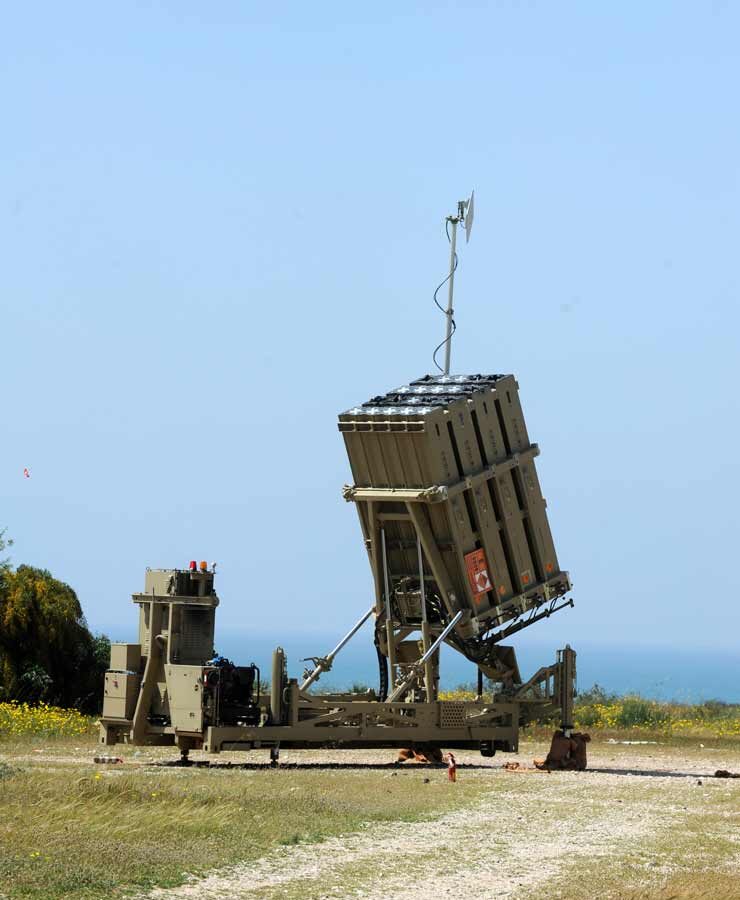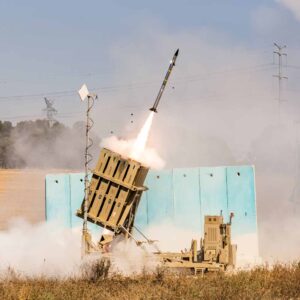Israel, despite being in a tough neighborhood, is an oasis of safety, often safer than…
#42 Protection from the Iron Dome and Hashem

Iron Dome (Kippat Barzel) is a mobile all-weather air defense system developed by Rafael Advanced Defense Systems and Israel Aerospace Industries. The system is designed to intercept and destroy short-range rockets and artillery shells fired from distances of 4 kilometers (2.5 miles) to 70 kilometers (43 miles) away and whose trajectory would take them to an Israeli populated area. From 2011 to 2021, the United States contributed a total of US$1.6 billion to the Iron Dome defense system, with another US$1 billion approved by the US Congress in 2022.
 Iron Dome was declared operational and initially deployed on 27 March 2011 near Beersheba. On 7 April 2011, the system successfully intercepted a rocket launched from Gaza for the first time. On 10 March 2012, The Jerusalem Post reported that the system shot down 90% of rockets launched from Gaza that would have landed in populated areas. In late 2012 Israel said that it hoped to increase the range of Iron Dome’s interceptions, from a maximum of 70 kilometers (43 miles) to 250 kilometers (160 miles) and make it more versatile so that it could intercept rockets coming from two directions simultaneously.
Iron Dome was declared operational and initially deployed on 27 March 2011 near Beersheba. On 7 April 2011, the system successfully intercepted a rocket launched from Gaza for the first time. On 10 March 2012, The Jerusalem Post reported that the system shot down 90% of rockets launched from Gaza that would have landed in populated areas. In late 2012 Israel said that it hoped to increase the range of Iron Dome’s interceptions, from a maximum of 70 kilometers (43 miles) to 250 kilometers (160 miles) and make it more versatile so that it could intercept rockets coming from two directions simultaneously.
In November 2012, official statements indicated that it had intercepted over 400 rockets. By late October 2014, the Iron Dome systems had intercepted over 1,200 rockets.
In addition to their land-based deployment, it was reported in 2017 that Iron Dome batteries would in future be deployed at sea on Sa’ar 6-class corvettes, to protect off-shore gas platforms in conjunction with Israel’s Barak 8 missile system.



